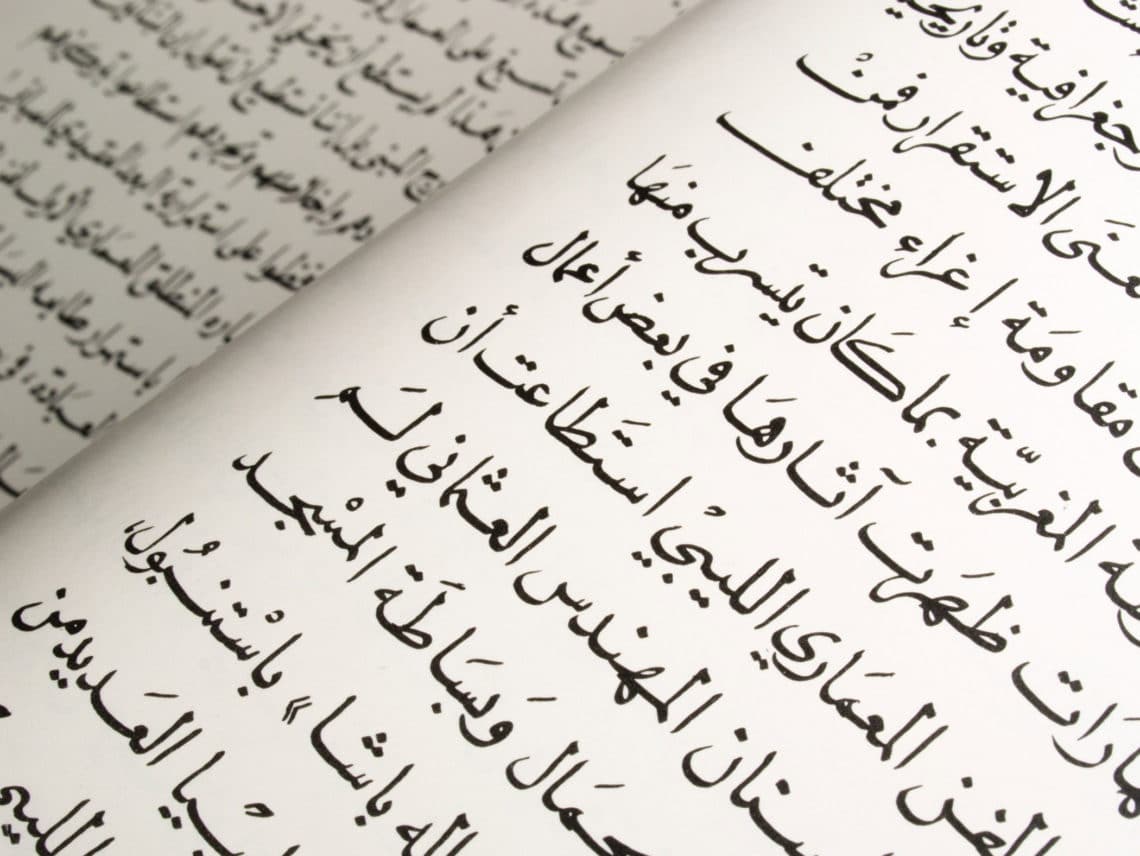Despite its usefulness in diplomacy, business and media – not to mention its 300 million native speakers – Arabic is one of the lesser studied languages at UK universities, with respect to European languages such as French or German.
This means that by undertaking a degree in Arabic you’ll not only be immersing yourself in a fascinating language with a rich history, but also equipping yourself with a sought-after skill in a range of different sectors.
What can I do after my degree?
As with other language degree graduates, you’ll be ideally suited to becoming a language teacher or working in translation and interpretation, having fine-tuned your language skills and – in the case of many degree programmes – spent your third year in an Arabic-speaking country.
Alternatively, there are a range of career pathways which won’t necessarily see you using our Arabic skills on a day-to-day basis. For instance, the communication skills you learn will serve you well for a career in journalism, publishing or tourism.
The problem-solving and critical thinking skills you take on throughout your degree can also be useful when thinking ahead to careers in the civil service, in consultancy, or roles in business. Another option that’s open to graduates would be to delve deeper into a specific topic within your field with a Masters degree, followed by a Ph.D. with a view towards a career in academia.
What other careers can I go into with a degree in Arabic?
You could also choose to pursue a career in law – once you graduate, you’ll be able to undertake a conversion course as you move towards qualifying as a legal professional.
As a graduate in Arabic, you’ll have acquired linguistic skills that are valued by law firms, particularly major ones operating on an international stage with offices around the world.



